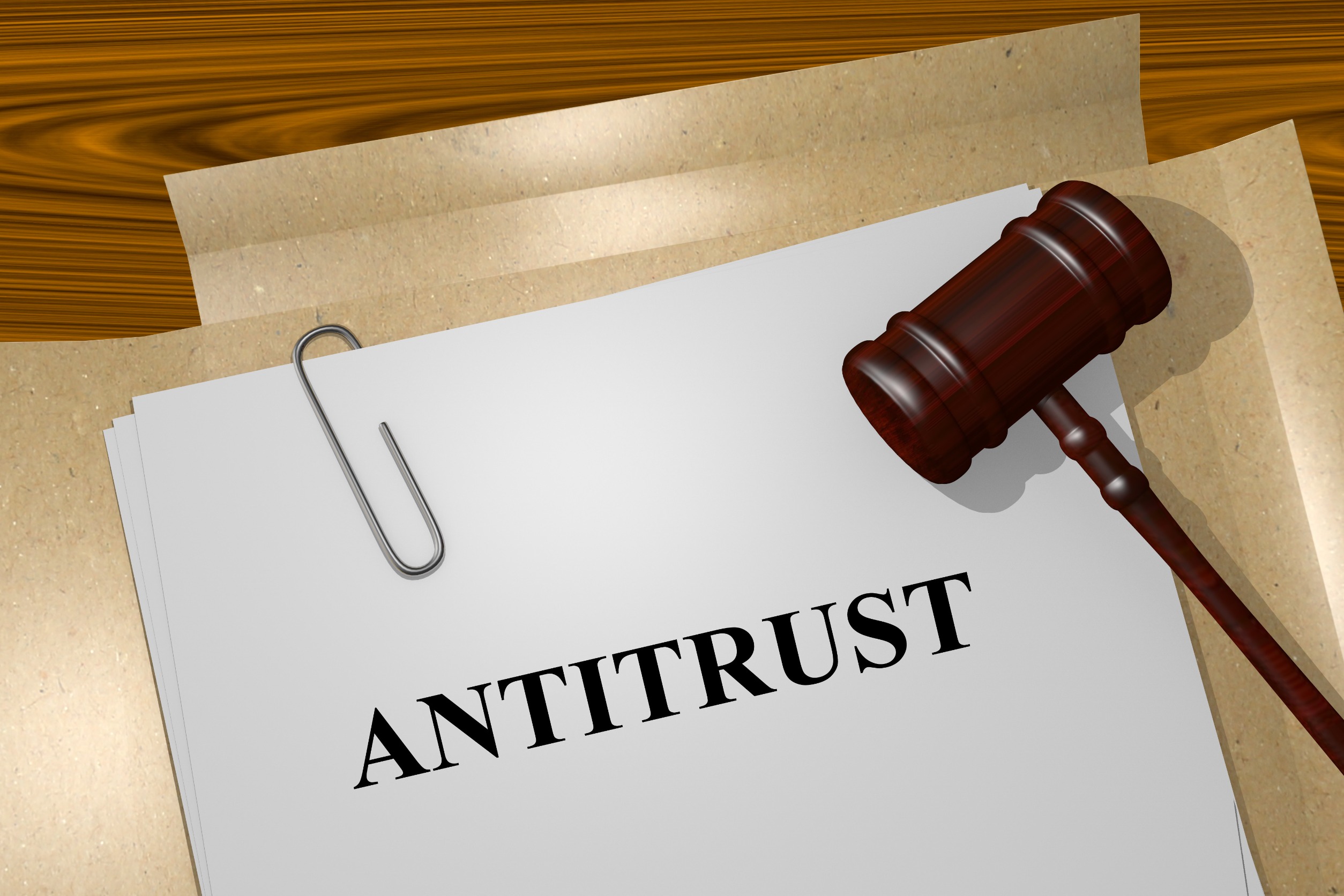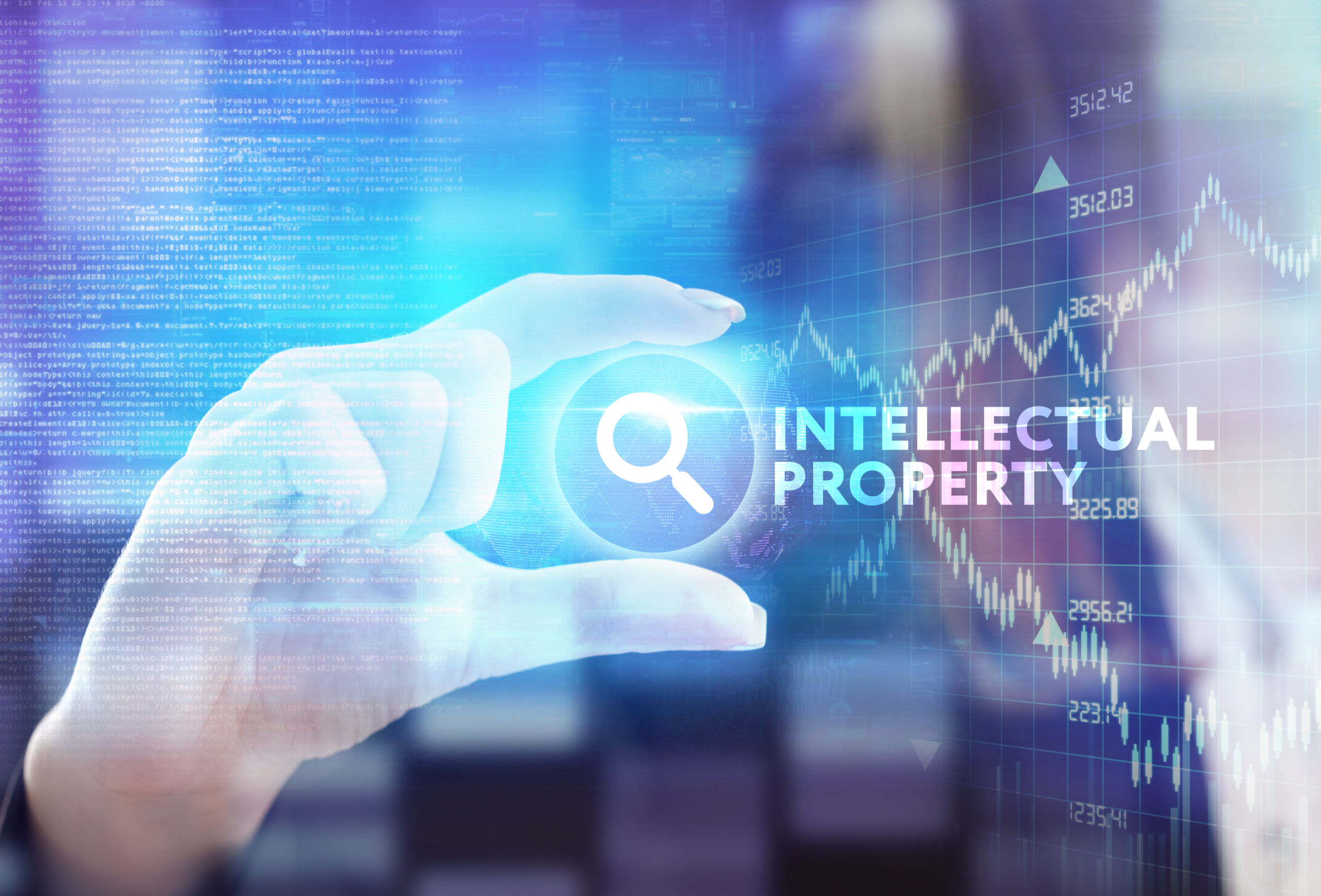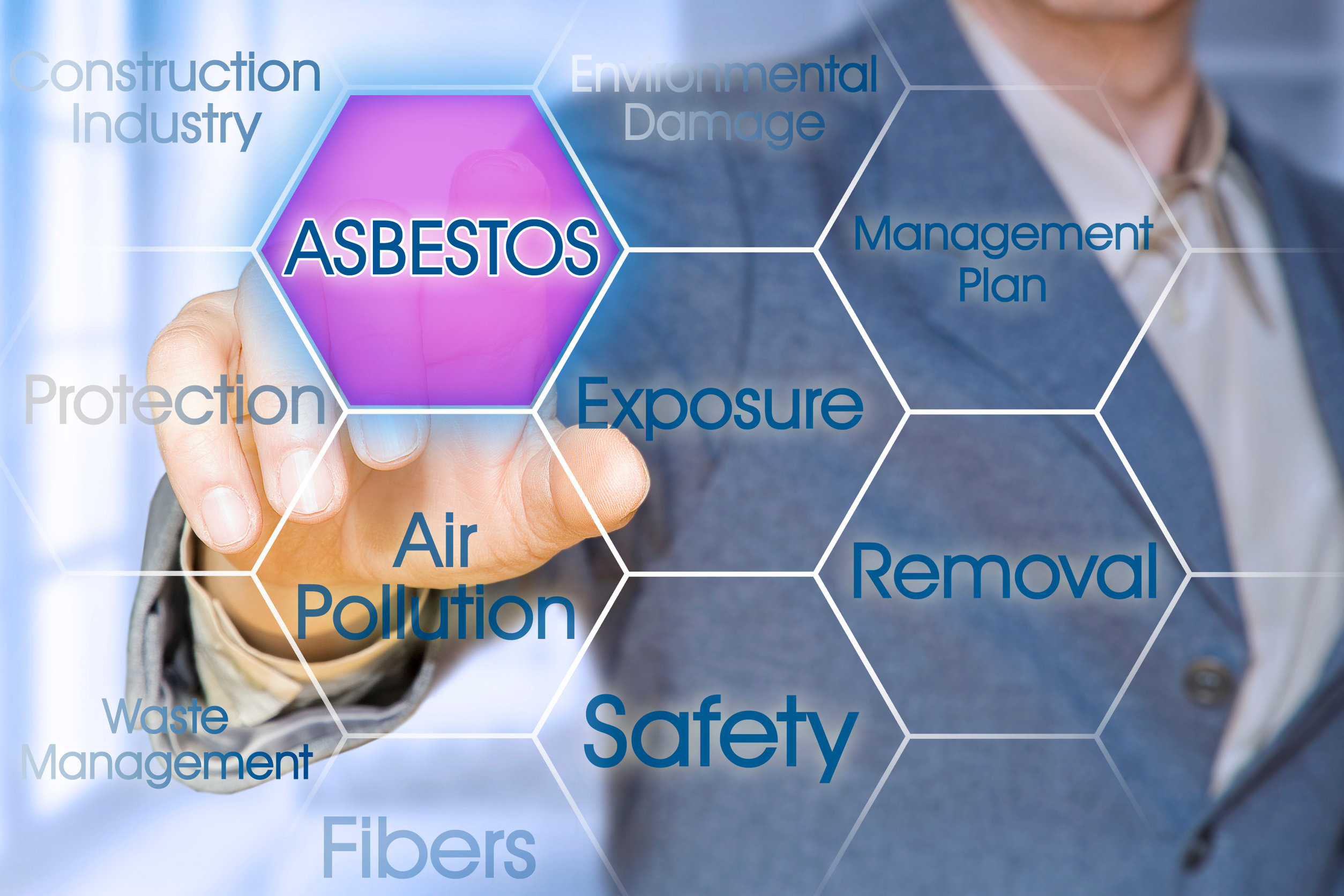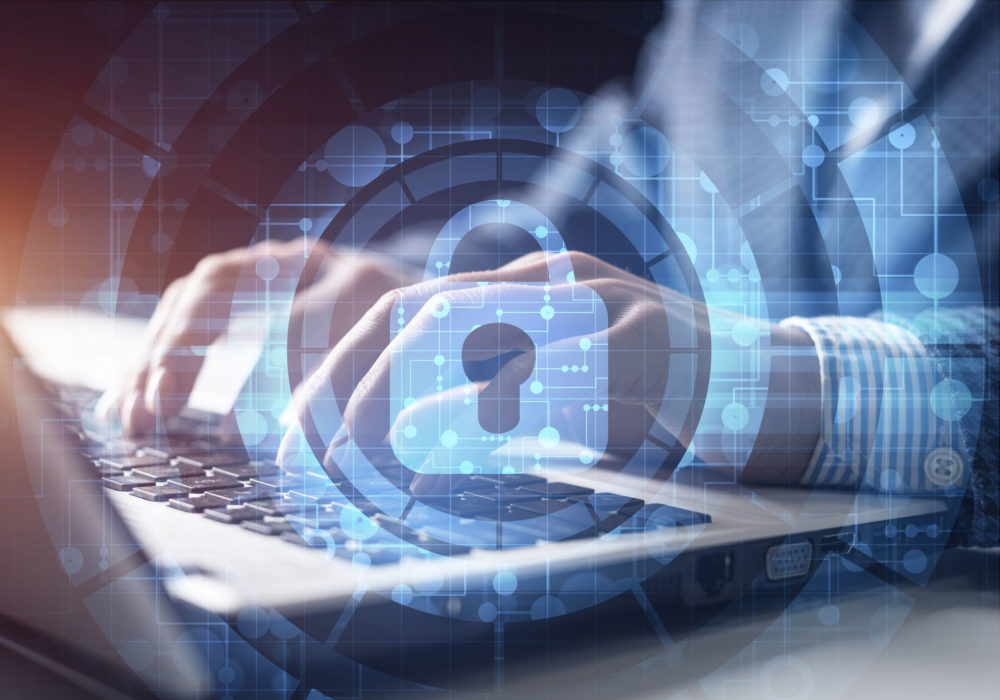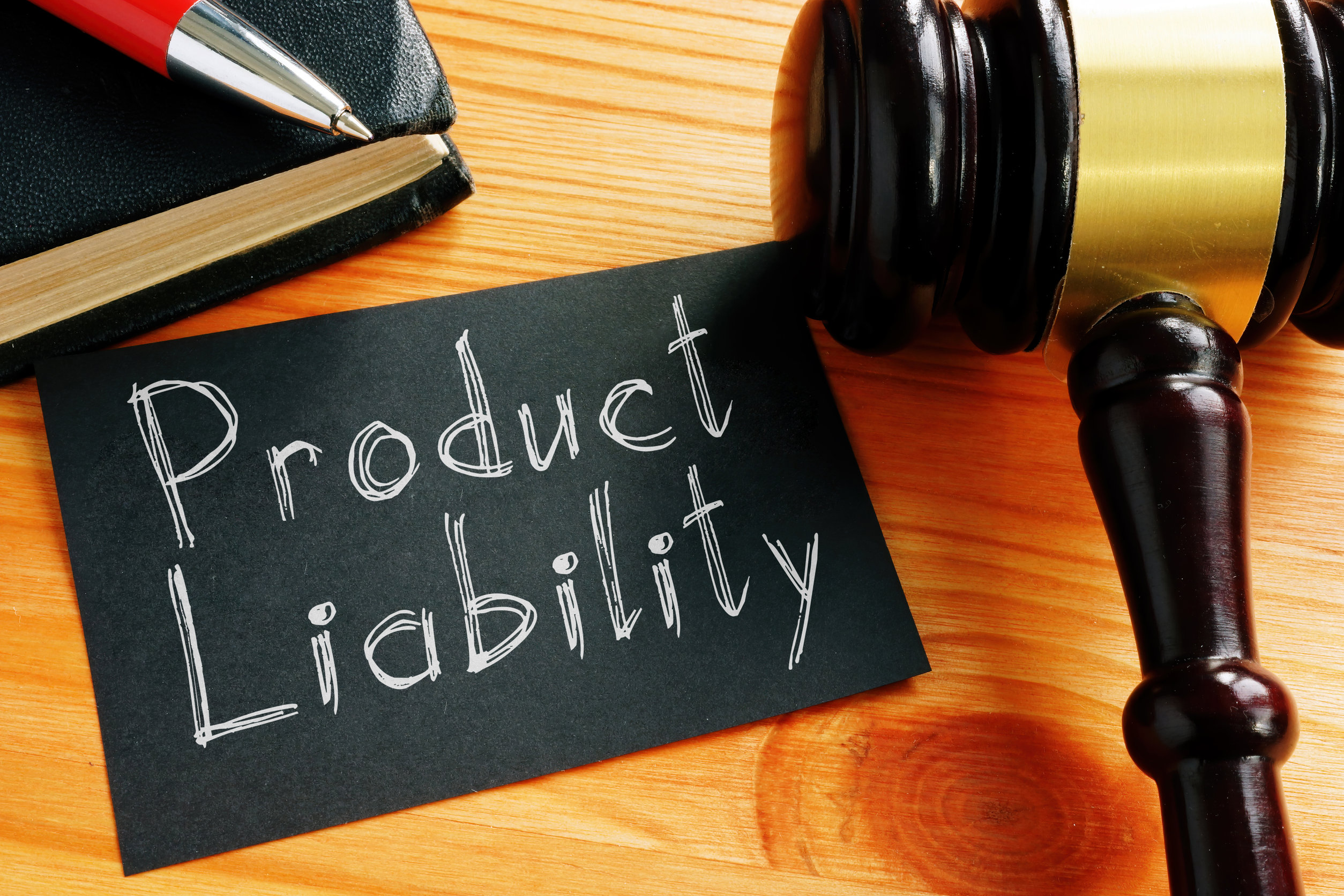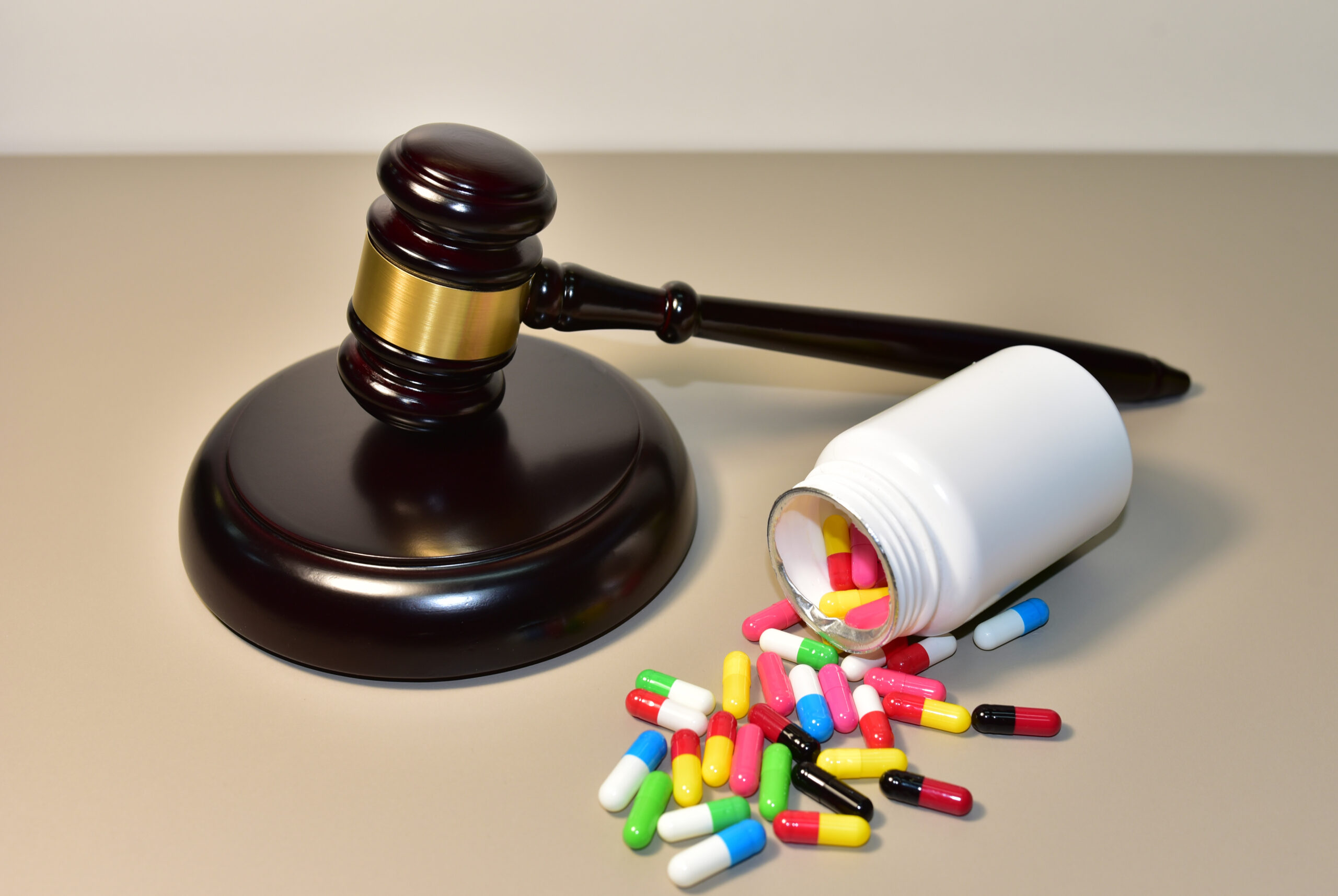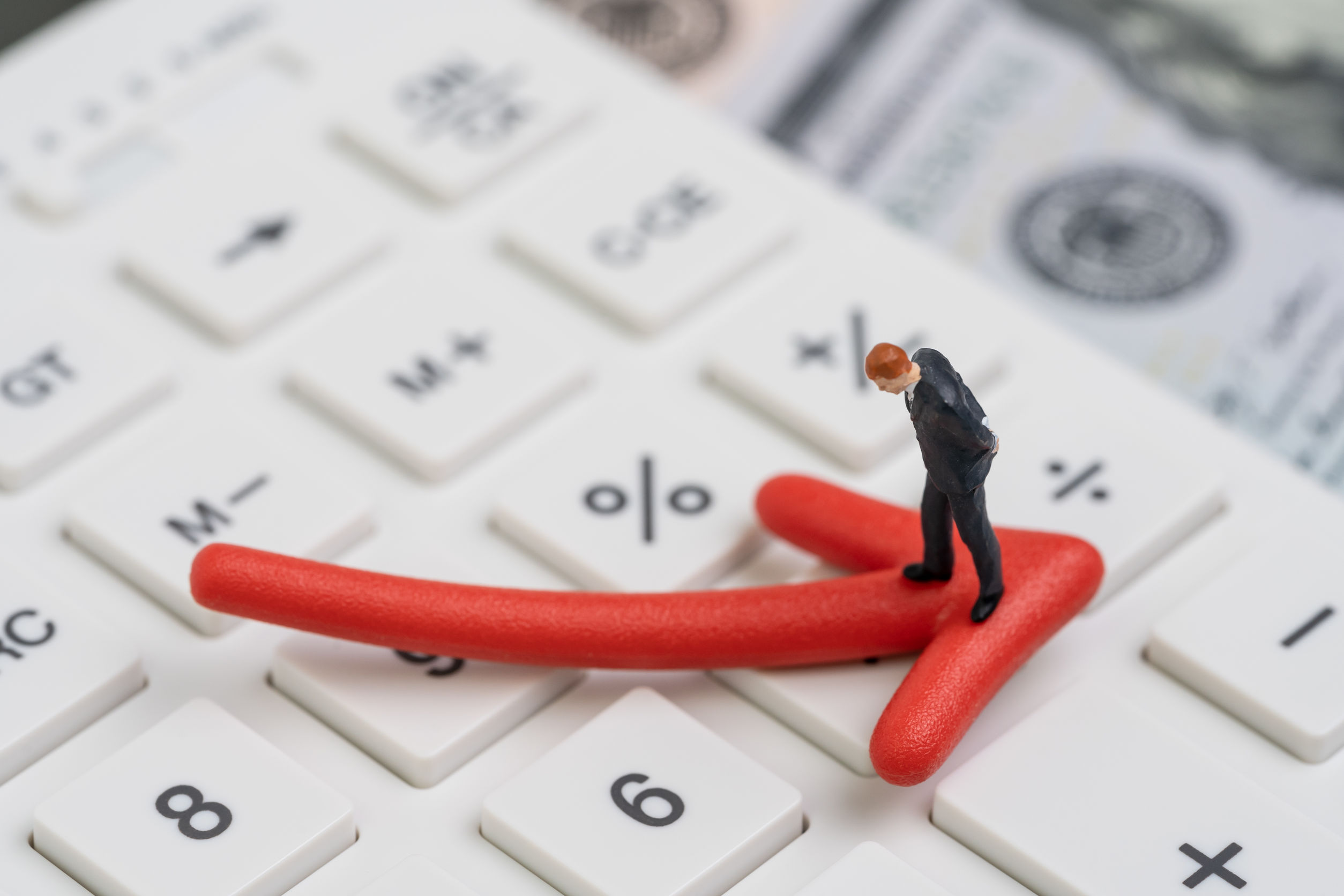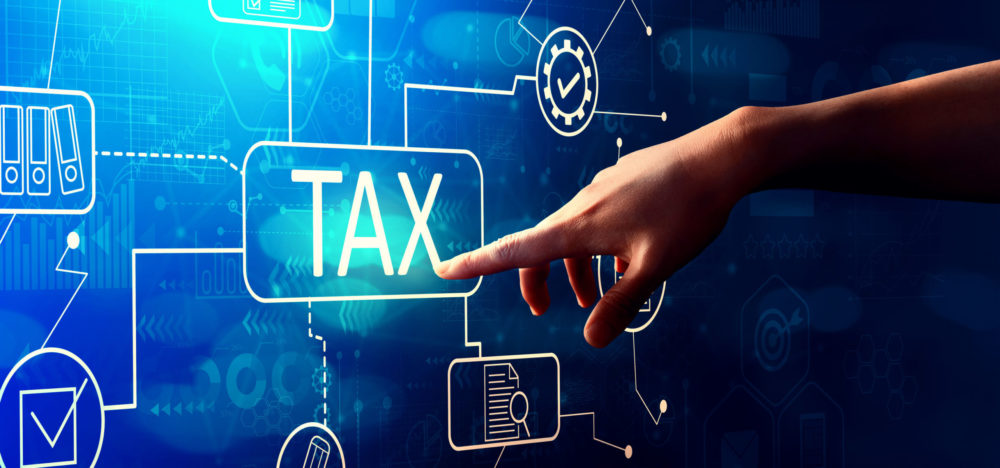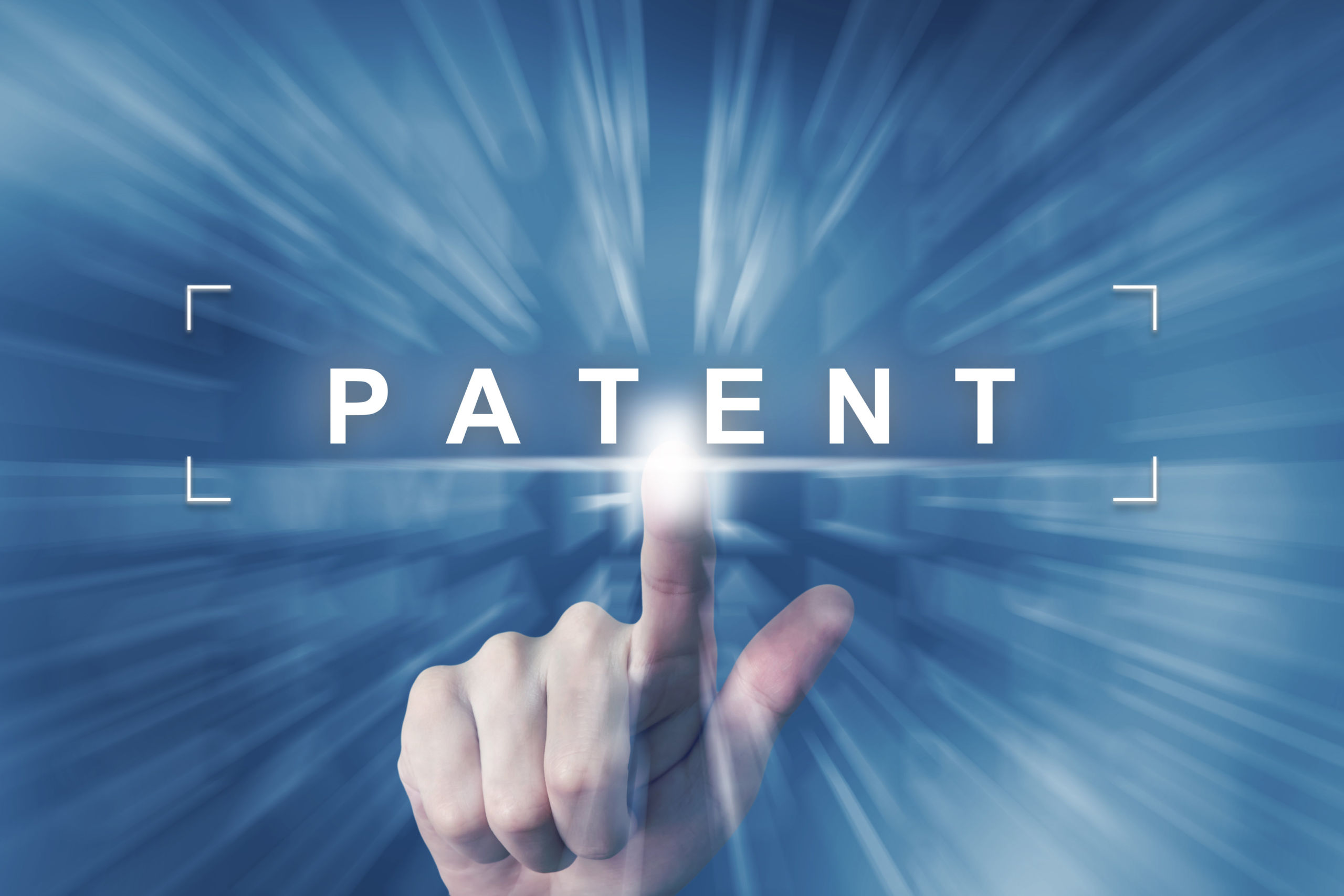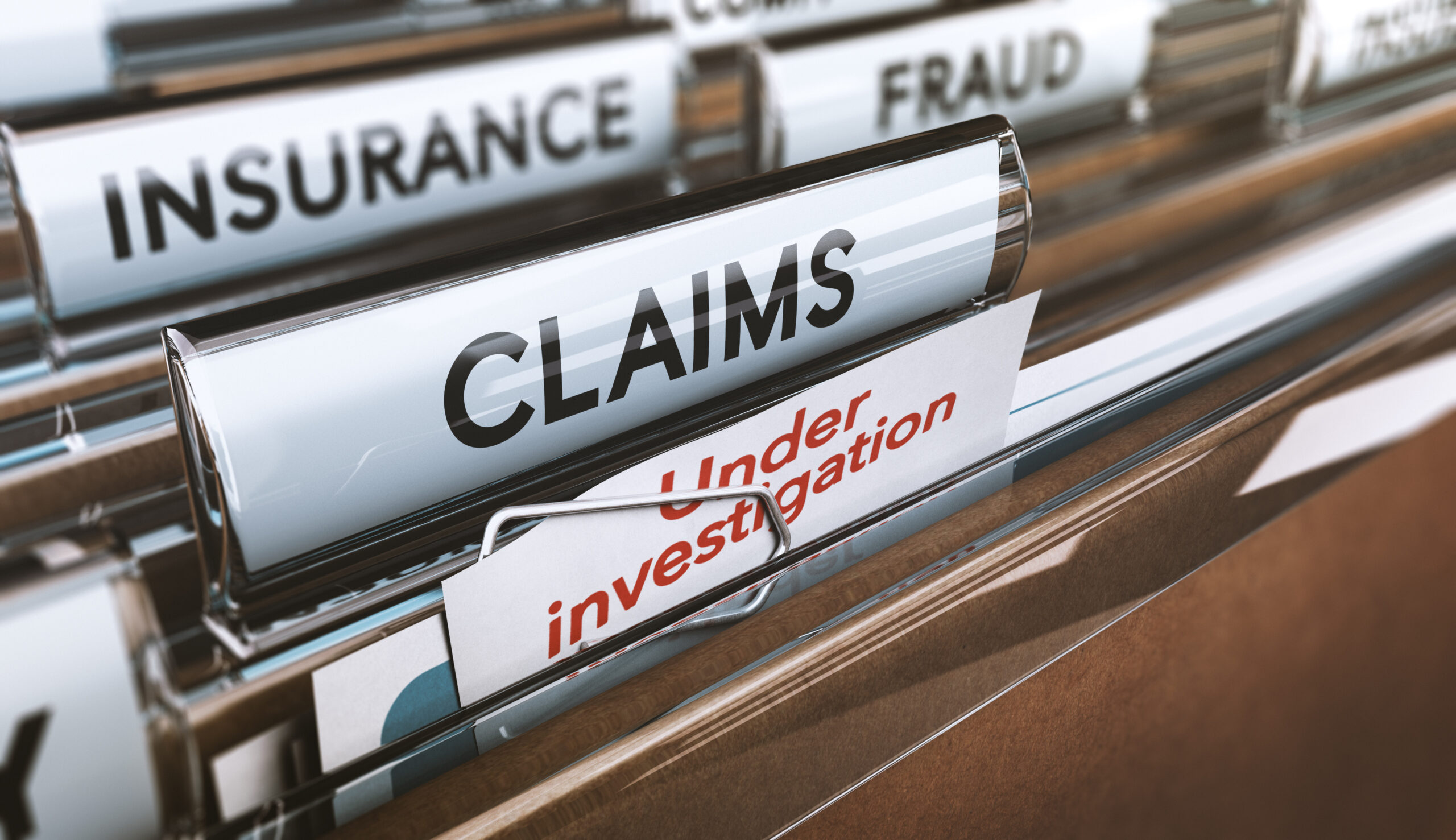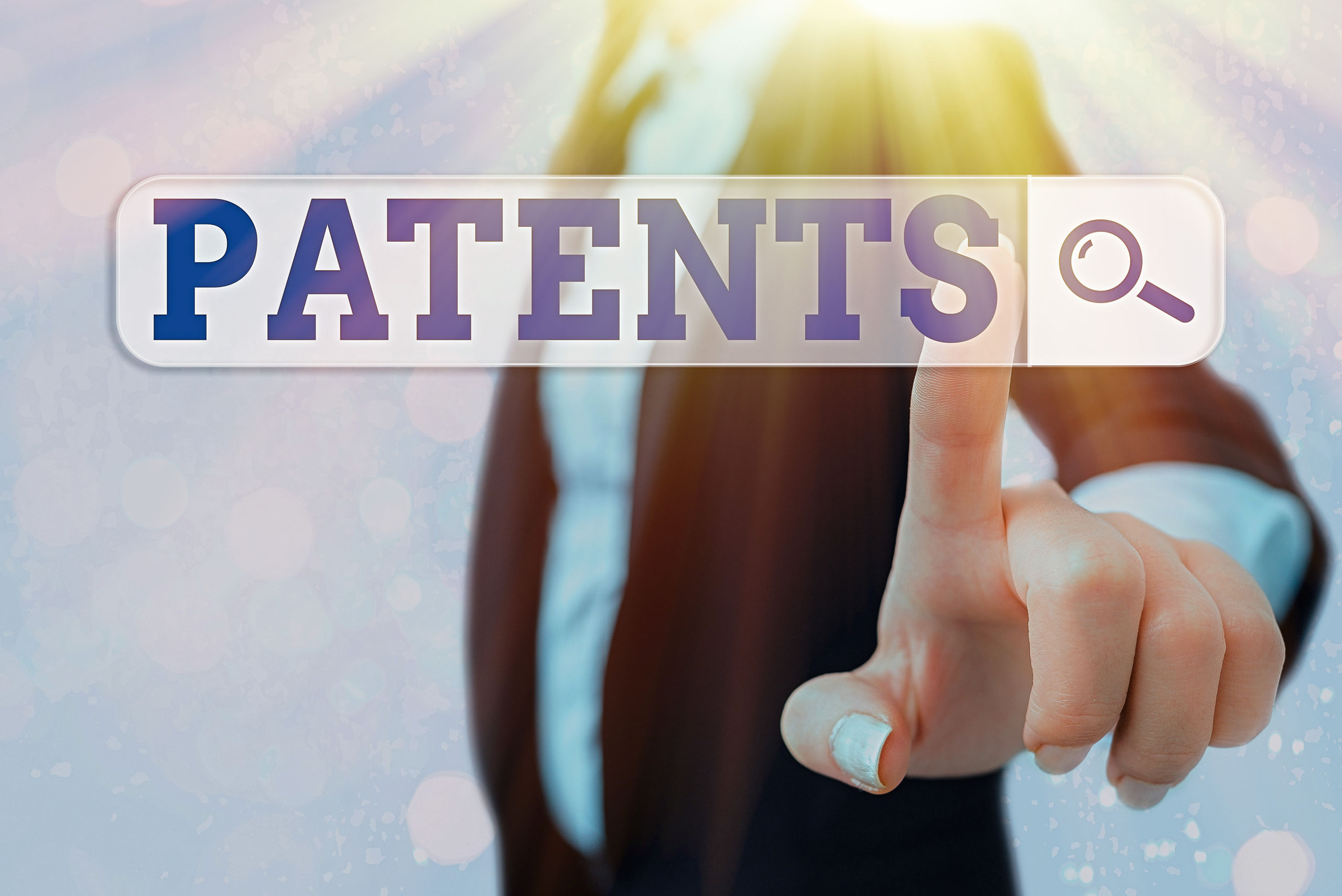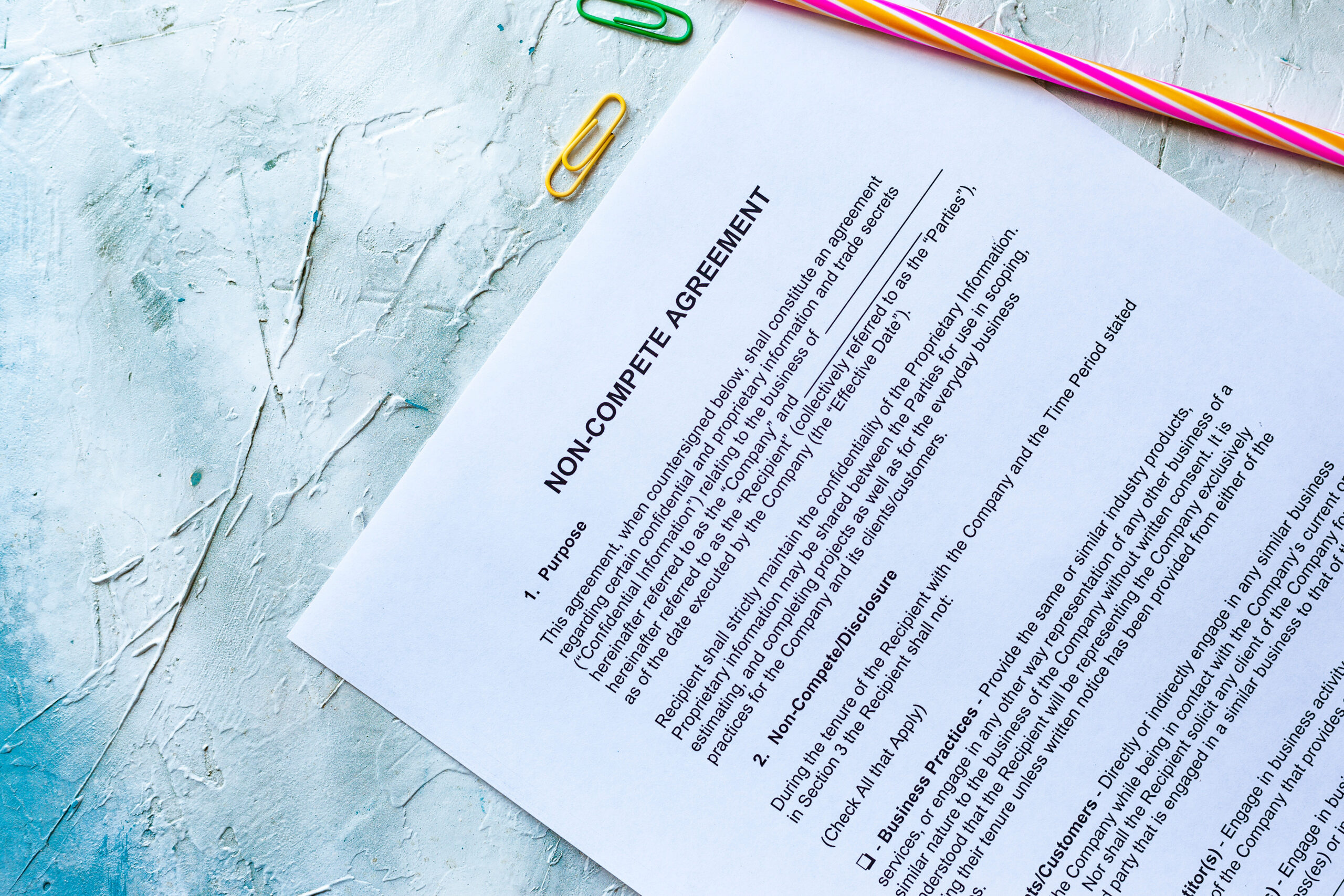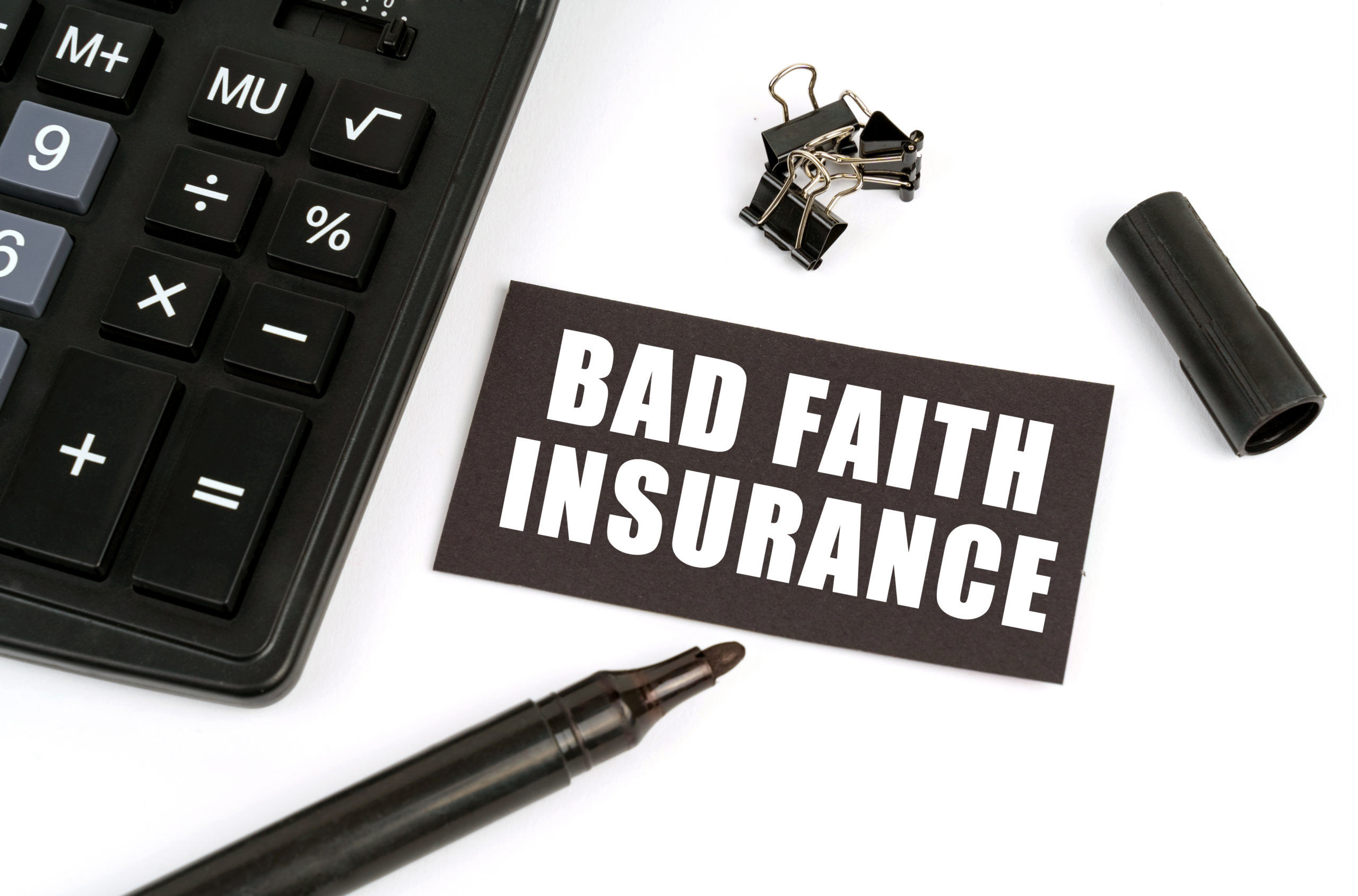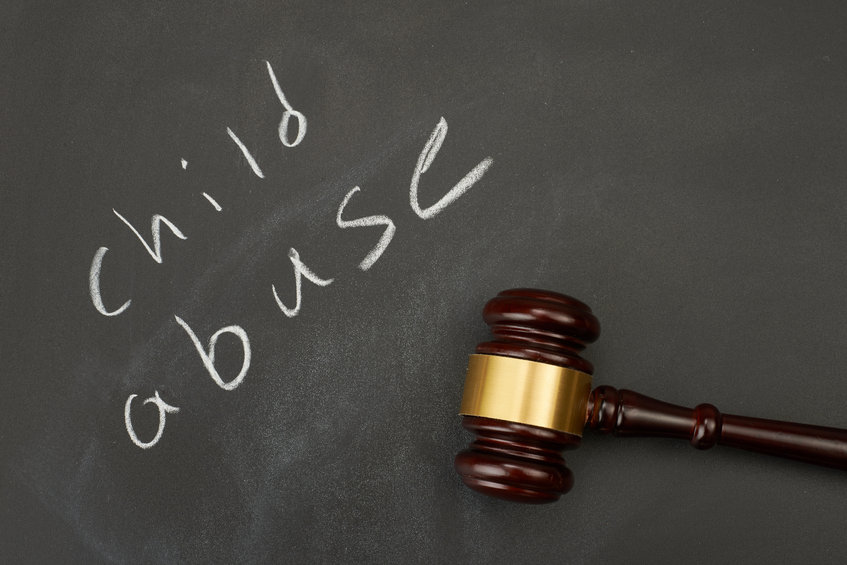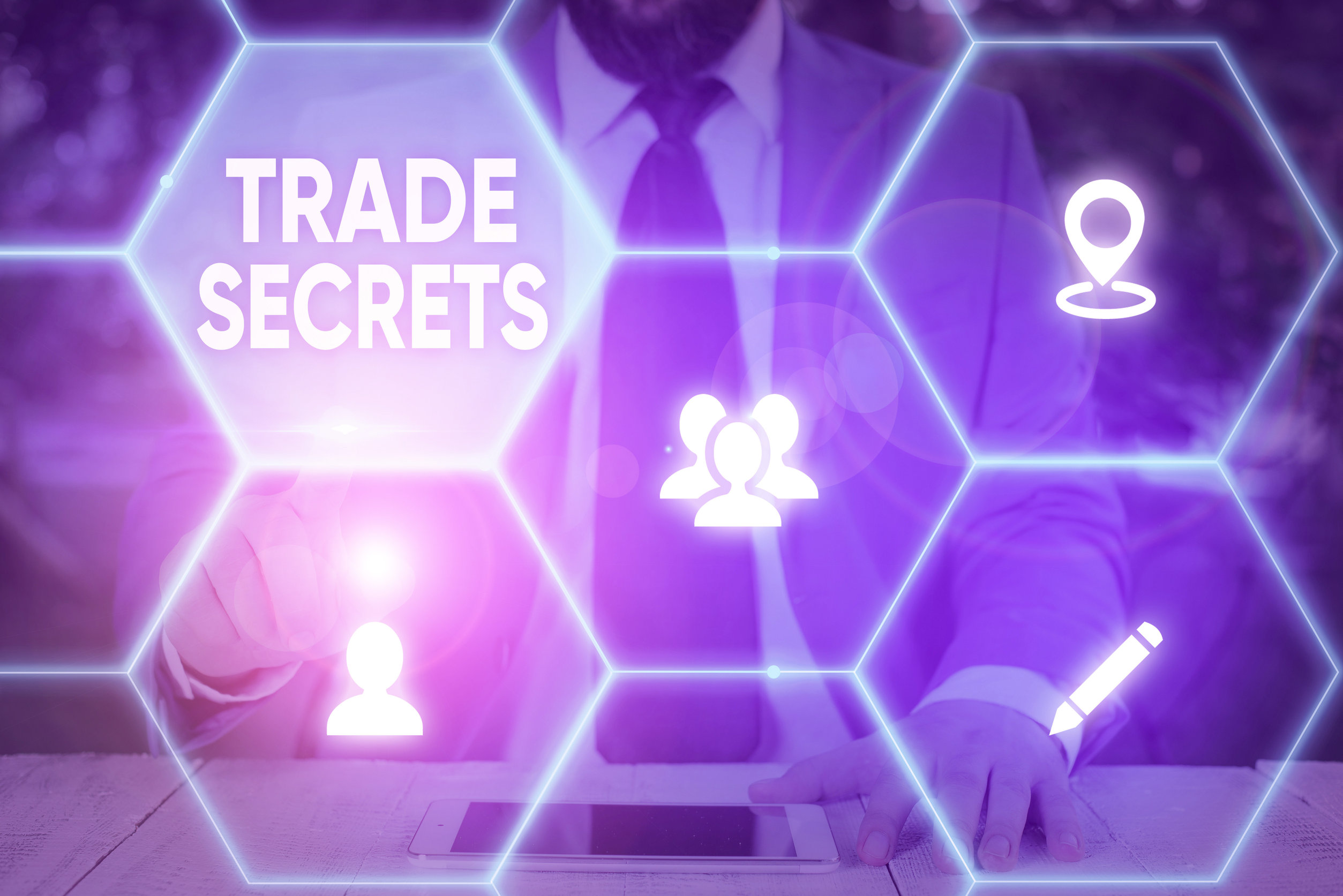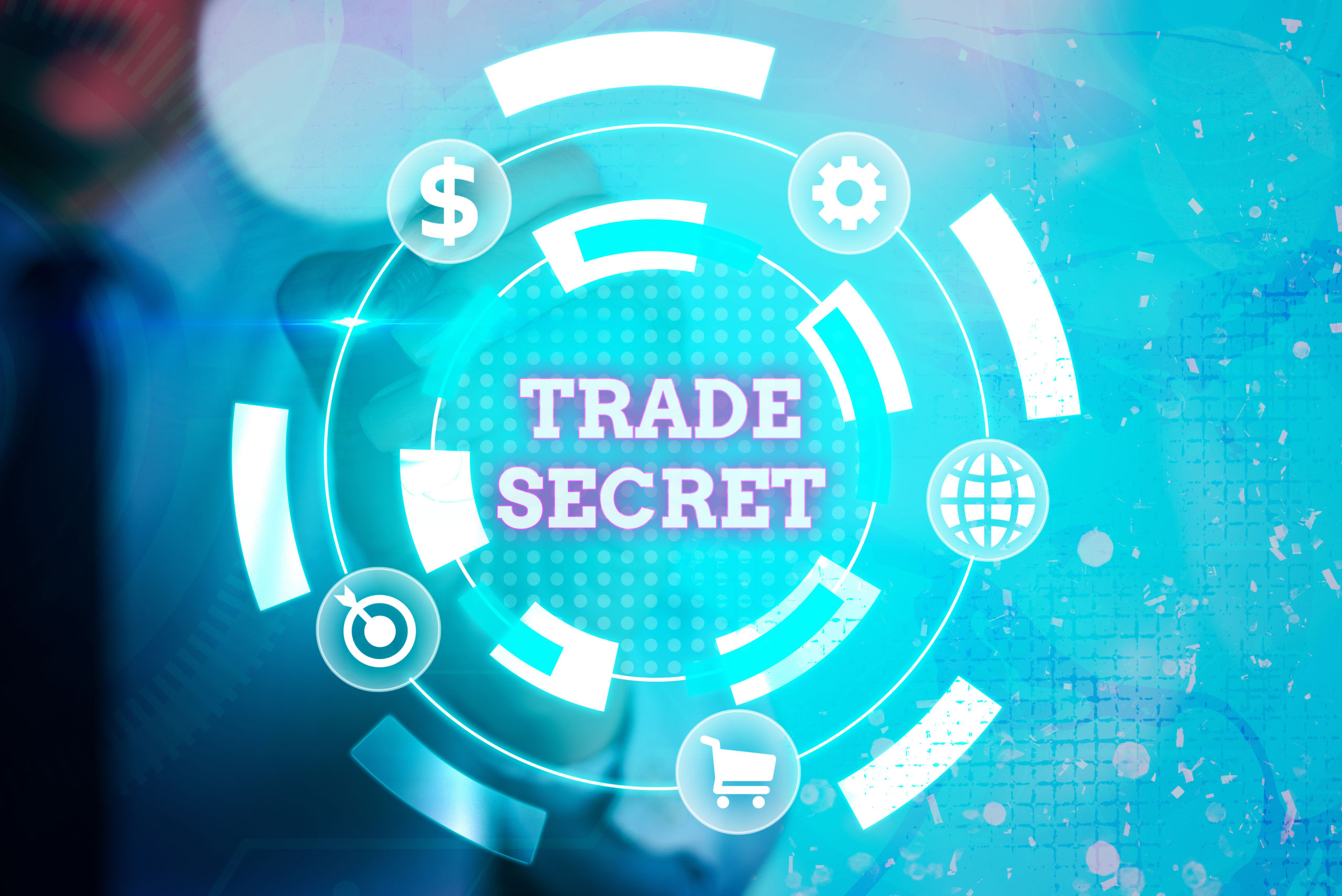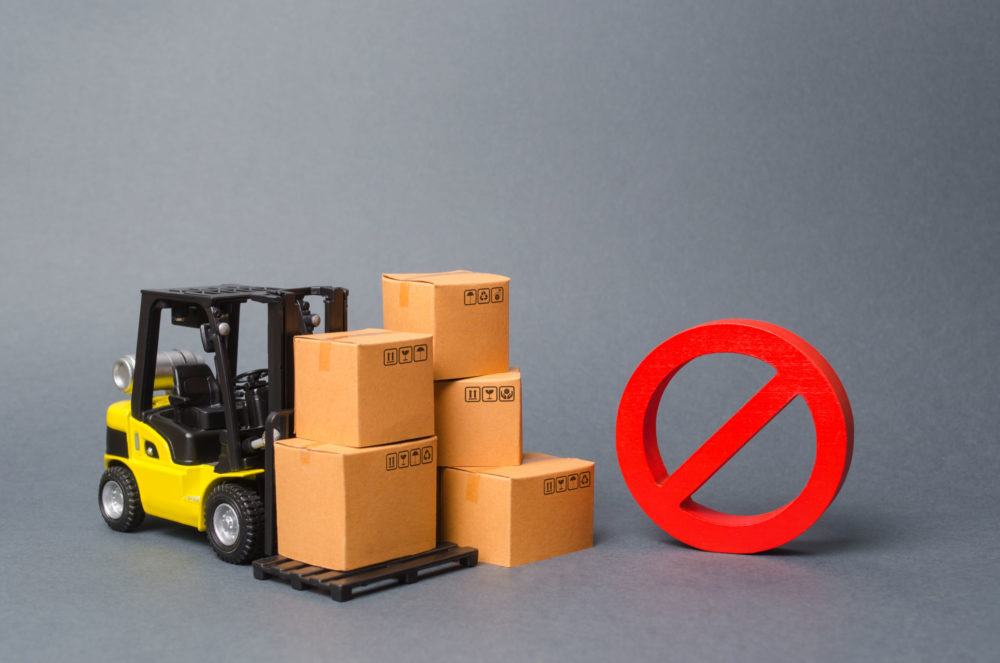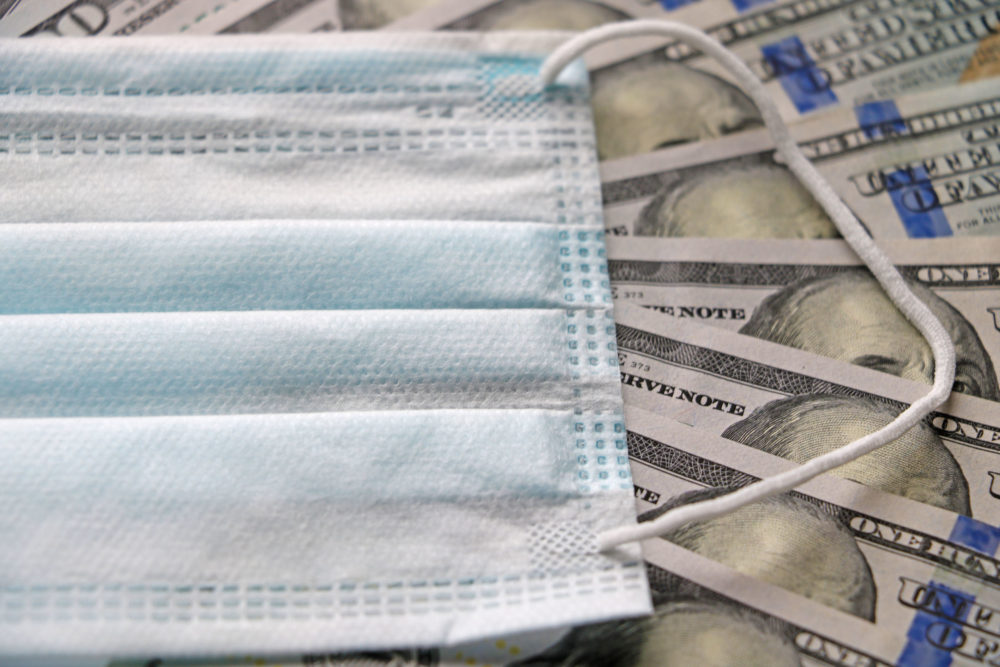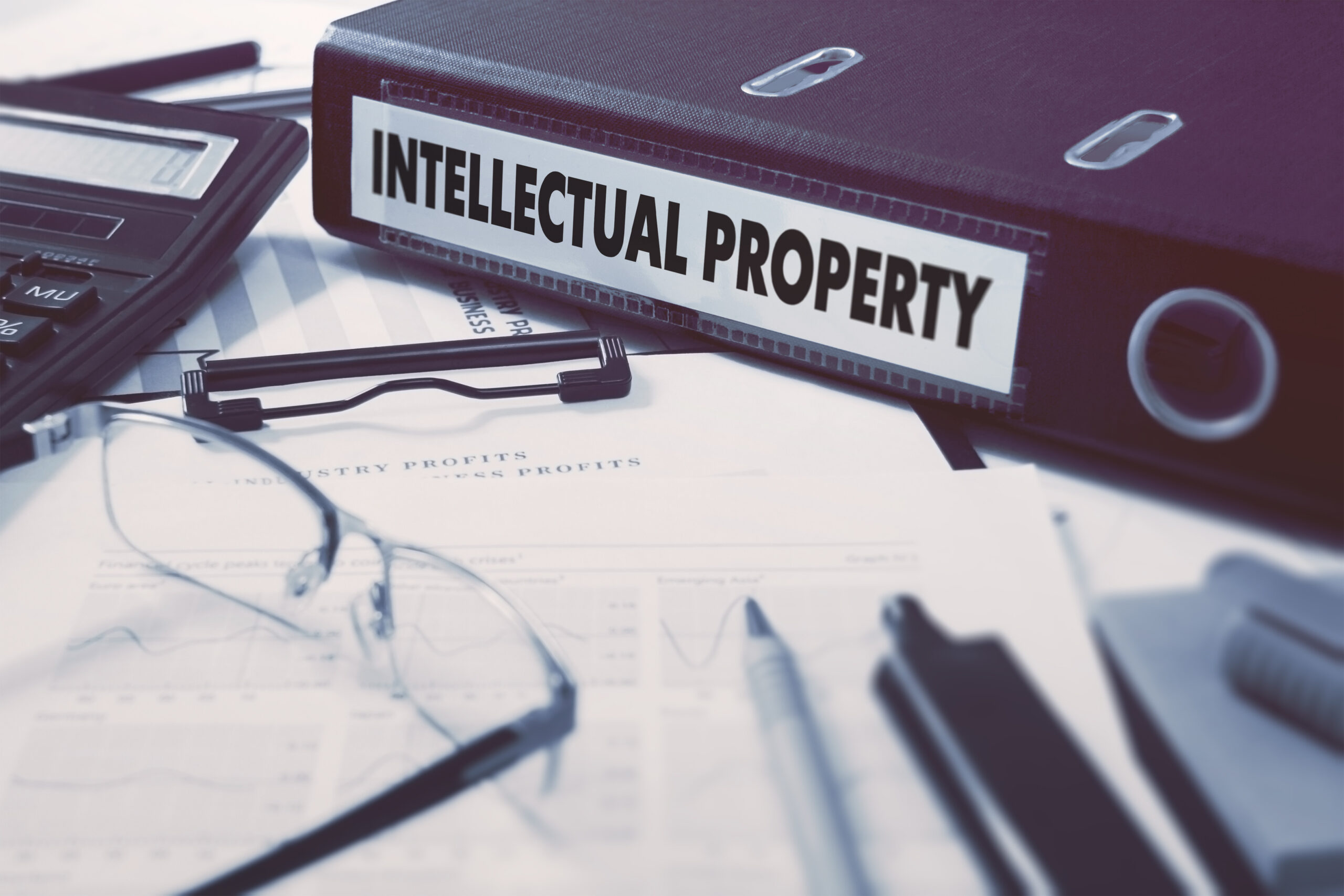Broadcast Date: Thursday, April 13, 2023
from 12:00 pm to 1:00 pm (ET)
Overview:
In February 2022, the United States Court of Appeals for the Federal Circuit (CAFC) revoked the decisions on Apple Inc. v. Wi-LAN Inc. and California Inst. of Tech. v. Broadcom Ltd. due to flawed expert’s opinion. This resulted in the vacation of previous verdicts of $85 million and $1.1 billion and the remand of new trials on damages. This notable development underscores the significance of an expert’s opinion to be tethered to the facts of the case to ensure its admissibility.
As these, and other notable court rulings, provide considerable implications for the calculation of patent damages moving forward, plaintiffs and practitioners alike must keep themselves apprised of emerging developments.
Listen as IP specialist Kathleen Akers (Epsilon Economics) and experienced testifying expert Joanne Johnson, CPA, CLP (Ocean Tomo LLC) provide an in-depth discussion of the latest trends and notable court rulings impacting patent damages calculation. Speakers, among other things, will also offer useful tools and the best calculation techniques to avoid pitfalls.
Key topics include:
- Patent Damages Calculation: Trends and Developments
- Notable Case Rulings
- Analyzing Significant Implications on Calculating Patent Damages
- Best Calculations Tools and Techniques
- What Lies Ahead
Learning Objectives:
- Analyze the implications of recent patent-related court decisions and other notable cases.
- Understand the significance of an expert’s opinion in ensuring case admissibility.
- Discover useful tools and calculation techniques.
Credit:
Course Level:
Intermediate
Advance Preparation:
Print and review course materials
Method of Presentation:
On-demand Webcast (CLE); Group-Internet Based
Prerequisite:
General knowledge of patent laws
Course Code:
149915
NY Category of CLE Credit:
Areas of Professional Practice
NASBA Field of Study:
Accounting – Technical
Total Credit:
1.0 CLE
1.0 CPE (Not eligible for QAS (On-demand) CPE credit)
How to Claim CLE Credits Per State:
https://knowledgewebcasts.com/how-to-claim-cle-credits-per-state/
CLE State Requirements:
https://knowledgewebcasts.com/cle-state-requirements/
CPE State Requirements:
Speaker Panel:
Kathleen Akers, Director
Economics and IP Specialist
Epsilon Economics
Kathleen Akers is a Director at Epsilon Economics specializing in applying economics to intellectual property, international trade, and complex commercial disputes. Kathleen has assisted in preparing numerous expert reports submitted to U.S. Federal District Courts, the U.S. International Trade Commission, the International Court of Arbitration, as well as provided consulting services for clients across a wide range of industries.
Kathleen has performed economic analysis for international trade disputes regarding domestic industry, remedy, bond, commercial success, injury, and public interest in Section 337 intellectual property matters before the U.S. International Trade Commission.
Joanne Johnson, CPA, CLP, Senior Director
Ocean Tomo LLC, a part of J.S. Held
Joanne Johnson is a Senior Director at Ocean Tomo, a part of J.S. Held. She works in Ocean Tomo’s Intellectual Property Disputes Financial Expert Testimony practice in the firm’s Chicago headquarters. The practice quantifies economic damages arising from Intellectual Property disputes and provides general litigation support.
Ms. Johnson has consulted on various engagements involving the determination of economic damages for patent infringement. While specific issues vary by engagement, most have included evaluation and analysis of financial and strategic data to support or rebut quantification of lost profits, reasonable royalties, price erosion, and/or unjust enrichment.
Agenda:
Segment 1:
Kathleen Akers, Director
Epsilon Economics
- Introduction
- What is the International Trade Commisssion?
- Protection of IP rights: unfair import investigations under 19 U.S.C. § 1337 (“Section 337”)
- Headed by six Commissioners who are nominated by the President and confirmed by the U.S. Senate
- Three areas of U.S. international trade:
- Adjudication;
- Research and analysis; and
- Maintaining the Harmonized Tariff Schedul
- What are Section 337 Investigations?
- To obtain Section 337 remedies, the complainant must establish, among other things, an “industry”1 in the U.S.:
- Technical Prong: articles protected by the IP
- Economic Prong: domestic industry
- Economic Prong:
- (A) significant investment in plant and equipment;
- (B) significant employment of labor or capital; or
- (C) substantial investment in the exploitation of the IP, including through
- engineering, research and development, or licensing.
- To obtain Section 337 remedies, the complainant must establish, among other things, an “industry”1 in the U.S.:
- Economic Implications of ITC Remedies
- Remedies of a Section 337 investigation include:
- Limited or general exclusion order prohibiting importation of infringing products into the U.S.
- Cease and desist order
- Bond during 60-day Presidential Review Period
- No damages awarded, but…
- Popularity of ITC has significantly increased
- Nearly all ITC complaints also had a concurrent district court case asserting the same underlying claims
- Remedies of a Section 337 investigation include:
- Recent Case Law
- Overhead Door and Chamberlain
- Apple and Ericsson
- Areas for caution in damages calculations
- Bond
- Public interest
- Conclusion
Segment 2:
Joanne Johnson, CPA, CLPSenior Director
Ocean Tomo LLC, a part of J.S. Held
- Introduction
- Brief overview of Panduit Factor analysis
- Panduit Corp. v. Stahlin Bros. Fibre Works, Inc.
- Overview of four factors, with focus on Factors 1 and 2
- Panduit Corp. v. Stahlin Bros. Fibre Works, Inc.
- Discussion of notable cases relevant to Factors 1 and 2
- DePuy Spine, Inc. v. Medtronic Sofamor Danek, Inc. (2009)
- Demand
- Factor 1 asks whether there is demand for the patented product as a whole
- Factor 1 does not require any allocation of demand among the various limitations recited in a patent claim
- Non-Infringing Alternatives
- Factor 2 addresses the elimination or substitution of particular features corresponding to claim limitations
- Demand
- Presidio Components, Inc. v. Am. Tech. Ceramics Corp. (2012)
- Demand
- Demand is not limited to demand for the patented products.
- Demand can also arise from a product that directly competes with the infringing device
- Non-Infringing Alternatives
- A patentee does not have to prove every instance of no non-infringing alternatives.
- A patentee only has to show there was a reasonable probability that the sales would have been made but-for the infringement.
- Demand
- Georgetown Rail Equip. Co. v. Holland L.P. (2017)
- Demand
- Sales do not have to be made during the damages period to show demand
- Evidence of demand before the damages period may suffice for Factor 1
- Demand
- DePuy Spine, Inc. v. Medtronic Sofamor Danek, Inc. (2009)
- Discussion of commonly misused cases
- Mentor Graphics Corp. v. Eve-USA, Inc.
- Discuss recent denied Daubert motions that cite to Mentor Graphics to support apportionment of demand/apportionment of lost profits
- Garretson v. Clark, 111 U.S. 120 (1884)
- Disgorgement of defendant’s profits is an obsolete remedy and is a different remedy from a plaintiff’s lost profits
- Disgorgement of profits have not been available as a remedy for patent infringement since 1946, when Congress amended the patent statute
- Mentor Graphics Corp. v. Eve-USA, Inc.
- Conclusion / Wrap-Up
Date & Time:
Thursday, April 13, 2023
12:00 pm to 1:00 pm (ET)
Who Should Attend:
- Patent Lawyers/Consultants
- Intellectual Property Lawyers/Consultants
- Commercial Litigation Attorneys
- Chief Patent Counsel
- Chief Intellectual Property Officers
- Intellectual Property Managers
- Patent Analysts
- Patent Agents
- Patent Managers
- General Counsel
| Image | Name | Summary | Price | Buy |
|---|---|---|---|---|
| Antitrust 'No-Poach' Agreement Enforcement: Key Focus Areas in 2024 | CLE: 1.5 Credits | Broadcast Date: Check back for updates or Click Here and get notified of the new date | Price Includes CLE & Recording | $69.00 | ||
| Antitrust & IP Landscape: Navigating the Challenges of AI & Algorithm | CLE: 1.0 | Broadcast Date: Monday, December 9, 2024 from 12:00 PM to 1:00 PM (ET) | Price Includes CLE & Recording | $69.00 | ||
| Asbestos Litigation: Demystifying Trends, Developments, and Defense Strategies | CLE: 1.0 Credit | Broadcast Date: Thursday, May 26, 2022, from 12:00 PM to 1:00 PM ET | Price Includes CLE & Recording | $69.00 | ||
| Asbestos Litigation: What's Changing in 2024 and Beyond | CLE: 1.5 Credit | Broadcast Date: Tuesday, July 9, 2024, from 12:00 pm to 1:30 pm (ET) | Price Includes CLE & Recording | $69.00 | ||
| Breaking Ground: Mastering Patent Eligibility in the Realm of ML, AI, and Software Innovations | CLE: 1.0 Credit | Broadcast Date: Monday, July 29, 2024, from 3:00 pm to 4:00 pm ET | Price Includes CLE & Recording | $69.00 | ||
| Cannabis Unleashed: Unveiling Legal and Business Fundamentals | CLE: 1.0 | Broadcast Date: Tuesday, June 4, 2024, from 12:00 PM to 1:00 PM (ET) | Price Includes CLE & Recording | $69.00 | ||
| Cartel Investigations: A Blueprint for Defense | CLE: 1.5 Credits | Broadcast Date: Tuesday, May 21, 2024, from 12:00 PM to 1:30 PM ET | Price Includes CLE & Recording | $69.00 | ||
| Class Action Litigation: A Comprehensive Guide to Recent Developments and Best Practices | CLE: 1.5 Credits | Broadcast Date: Thursday, August 8, 2024, from 12:00 PM to 1:30 PM (ET) | Price Includes CLE & Recording | $69.00 | ||
| CLE Processing | Online Payment for CLE Processing | $35.00 – $150.00 | ||
| Cybersecurity Management: Best Practices in a Remote Environment | CLE: 1.5 Credits | CPE: 1.5 Credits (Not eligible for QAS (On-demand) CPE credit) | Broadcast Date: Thursday, April 22, 2021 from 12:00 pm to 1:30 pm (ET) | Price Includes CLE & Recording | $69.00 | ||
| Demystifying Economic Sanctions: Strategies for Success in a Global Economy | CLE: 1.0 Credit | Broadcast Date: Tuesday, May 14, 2024, from 12:00 pm to 1:00 pm ET | Price Includes CLE & Recording | $69.00 | ||
| Demystifying Recent Trends in PFAS Litigation: Product Liability and Beyond | CLE: 1.0 Credit | Broadcast Date: Wednesday, September 11, 2024, from 12:00 PM to 1:00 PM (ET) | Price Includes Recording | $69.00 | ||
| Executive Compensation: Hot Topics and Emerging Trends | CLE: 1.0 Credits| Broadcast Date: Monday, November 18, 2024, from 12:00 PM to 1:00 PM (ET) | Price Includes Recording | $69.00 | ||
| Hatch-Waxman Case-Law Developments and New Jersey Practice Insights | CLE: 1.0 Credit | Broadcast Date: Wednesday, October 23, 2024, from 12:00 PM to 1:00 PM (ET) | Price Includes CLE & Recording | $69.00 | ||
| Mastering the Art of Demonstrating and Recouping Lost Profit Damages: A Hands-On Guide | CLE: 1.0 Credit | Broadcast Date: Tuesday, November 12, 2024. from 12:00 PM to 1:00 PM (ET) | Price Includes CLE & Recording | $69.00 | ||
| Maximizing Your Innovation ROI: R&D Tax Credits in 2024 and Beyond | CLE: 1.0 CLE | 1.0 CPE (Not eligible for QAS (On-demand) CPE credit) | Broadcast Date: Thursday, March 28, 2024, from 12:00 PM to 1:00 PM ET | Price Includes CLE & Recording | $69.00 | ||
| Navigating Challenges in Patent Damages Analysis: Key Considerations for Litigants and Counsel | CLE: 1.0 Credit | CPE: 1.0 Credit (Not eligible for QAS (On-demand) CPE credit) | Broadcast Date: Wednesday, December 13, 2023, from 12:00 pm to 1:00 pm (ET) | Price Includes CLE & Recording | $69.00 | ||
| Navigating Double Patenting in the USPTO Era of Rulemaking | CLE: 1.5 Credits | Broadcast Date: Tuesday, February 25, 2025, from 12:00 PM to 1:30 (ET) | Price Includes CLE Credits & Recording | $69.00 | ||
| Navigating Insurance Claims: Tips for Policyholders and Best Practices for Adjusters | CLE: 1.0 Credits | Broadcast Date: Thursday, May 9, 2024, from 12:00 PM to 1:00 PM ET | Price Includes CLE & Recording | $69.00 | ||
| Navigating the Evolving Patent Damages Landscape: Key Insights and Best Practices | CLE: 1.0 Credits | Broadcast Date: Thursday, June 27, 2024, from 12:00 PM to 1:00 PM (ET) | Price Includes CLE & Recording | $69.00 | ||
| Navigating the FTC's Final Rule on Noncompete Agreements: Critical Insights for Employers | CLE: 1.5 Credits| Broadcast Date: Wednesday, September 4, 2024, from 12:00 PM to 1:30 PM (ET) | Price Includes CLE Credits & Recording | $69.00 | ||
| New York Online CLE Bundle 2023 | This bundle allows you to complete 24 New York CLE credits. These courses are all on-demand and can be completed at your convenience.
| $199.00 | ||
| Preventing Ransomware Attacks: A Practical Guide to Enhancing IT Security and Resiliency | CLE: 1.5 Credits | Broadcast Date: Monday, September 13, 2021 from 12:00 pm to 1:30 pm (ET) | Price Includes CLE & Recording | $69.00 | ||
| Speaker Preferred Package (Online Payment) | Speaker Preferred Package (for Credit Payment processing) | $599.00 – $799.00 | ||
| Sponsorship | Online Payment for Sponsorship | $5,500.00 – $15,000.00 | ||
| Supercharging Privilege Review With AI, Analytics, and Automation | CLE: 1.0 Credit| Broadcast Date: Friday, February 25, 2022 from 12:00 pm to 1:00 pm (ET) | Price Includes CLE & Recording | $69.00 | ||
| The Future of Insurance Claims: Using Generative AI to Combat Bad Faith | CLE: 1.5 Credits| Broadcast Date: Wednesday, December 18, 2024, from 12:00 PM to 1:30 PM (ET) | Price Includes CLE Credits & Recording | $69.00 | ||
| The Hows and Whys of Child Abuse Reporting: A Comprehensive Ethical Guide for Lawyers | CLE: 2.0 Credits | Broadcast Date: Wednesday, June 29, 2022 from 12:00 pm to 2:00 pm (ET) | Price Includes CLE & Recording | $69.00 | ||
| The SEC’s New Pay Versus Performance Rule: 2024 Guidance for Companies and Investors | CLE: 1.0 | Broadcast Date: Wednesday, November 6, 2024, from 12:00 pm to 1:00 pm ET | Price Includes CLE & Recording | $69.00 | ||
| Trade Secrets, and What You Need to Know to Protect Them | CPE: 2.0 Credits | Broadcast Date: Thursday, December 5, 2024, from 12:00 PM to 2:00 PM (ET) | Price Includes CLE Credits & Recording | $69.00 | ||
| Trade Secrets: The New Frontier of Intellectual Property | CLE: 2.0 |CPE: 2.0 (Not eligible for QAS (On-demand) CPE credit) | Broadcast Date: Thursday, April 11, 2024, from 12:00 PM to 2:00 PM ET | Price Includes CLE & Recording | $69.00 | ||
| Understanding R&D Tax Credits and Amortization: Navigating Changes and Maximizing Benefits | CLE: 1.5 Credits | CPE: 1.5 Credits (Not eligible for QAS (On-demand) CPE credit) | Broadcast Date: Wednesday, August 30, 2023 from 12:00 PM to 1:30 PM (ET) | Price Includes CLE & Recording | $69.00 | ||
| Unlocking Innovation: Navigating Patentability for ML, AI, and Software Inventions | CLE: 1.5 Credits | Broadcast Date: Monday, March 25, 2024, from 12:00 PM to 1:30 PM ET | Price Includes CLE & Recording | $69.00 | ||
| Winning Patent Litigation: Essential Strategies and Tactics | CLE: 1.0 Credit | Broadcast Date: Wednesday, April 25, 2024 from 12:00 PM to 1:00 PM ET | Price Includes CLE & Recording | $69.00 | ||
| Practical Trademark Perspectives from U.S. and Canadian Counsel | CLE: 1.5 Credits | Broadcast Date: Tuesday, September 28, 2021 from 3:00 to 4:30 PM ET | Price Includes CLE & Recording | $69.00 | ||
| Effectively Manage KYC Compliance: Keep Up with the Times by Getting Back to Basics | CLE: 1.0 Credit | Broadcast Date: Wednesday, August 11, 2021 from 3:00 PM to 4:00 PM ET | Price Includes CLE & Recording | $69.00 | ||
| OFAC Regulations and the Economic Sanctions Compliance Programs: Best Practices | CLE: 1.0 | Broadcast Date: Thursday, September 29, 2022 from 12:00 pm to 1:00 pm (ET) | Price Includes CLE & Recording | $69.00 | ||
| 'Zombie' LIBOR for USD Contracts: Navigating the Critical Issues | CLE: 1.0 Credit | CPE: 1.0 Credit (Not eligible for QAS (On-demand) CPE credits) | Broadcast Date: Wednesday, May 12, 2021 from 12:00 pm to 1:00 pm (ET) | Price Includes CLE & Recording | $69.00 | ||
| Calculating Lost Profits in Construction Claims: A Practical Guide | CLE: 1.0 Credit | CPE : 1.0 Credit (Not eligible for QAS (On-demand) CPE credits) | Broadcast Date: Monday, January 25, 2021 from 12:00 pm to 1:00 pm (ET) | Price Includes CLE & Recording | $69.00 | ||
| False Claims Act and COVID-19 Implications: Key Considerations and Best Practices | CLE: 1.0 Credit | CPE: 1.0 Credit (Not eligible for QAS (On-demand) CPE credits) | Broadcast Date: Wednesday, February 24, 2021 from 12:00 pm to 1:00 pm (ET) | Price Includes CLE & Recording | $69.00 |
Join Over 160,000 Professionals Empowering Their Careers
Learn anywhere from over 3000+ live and recorded CLE, CPE & Technology Webcasts.



